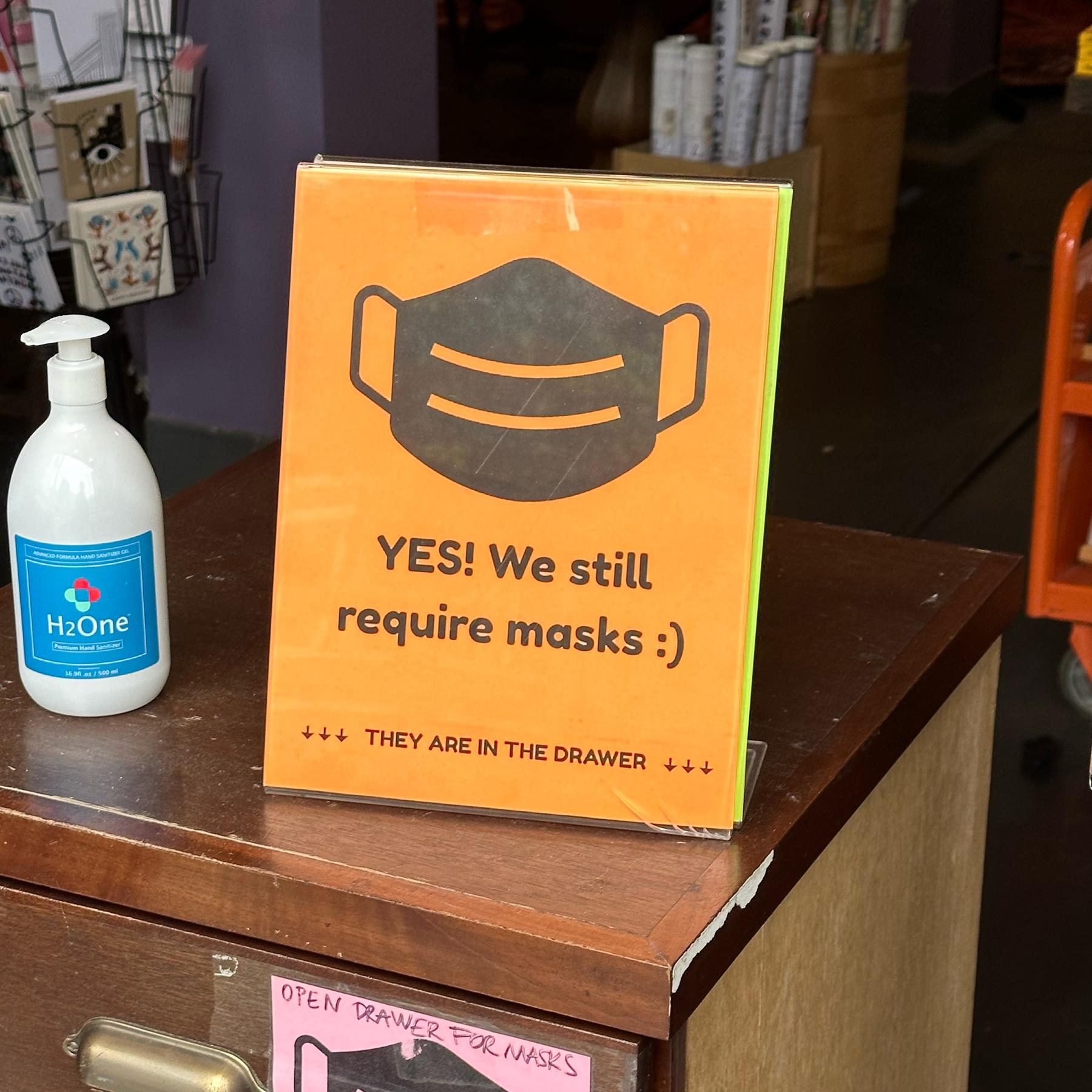
Last week, I asked you about your fiction-reading habits as part of my research for a personal project I’m working on.
I also ran a separate survey on Google Surveys - getting in just before that service shuts down next month - to get a sense of what the average web visitor reads.
Although I expected this community to diverge from overall web visitors in key ways, I was surprised - but perhaps shouldn’t have been - by where it didn’t.
Here’s the biggest headline: traditional, paper books are still by far the best way for an author to reach even a technical audience. Most people across all audiences discover books via traditional bookstores, word of mouth, and the library - so if you’re limiting yourself to self-published ebooks, you’re missing out in a big way. More on that in a moment.
Blog readers like to read fiction far more than the average person.
First, some overall numbers:
The average American reads twelve books a year: a number that includes non-fiction titles. And only 59% of Americans read fiction books at all.
In contrast, over three quarters of you read more than ten fiction books a year; a sixth of you read more than fifty. This is fiction only: a subset of all the books you read. Although I didn’t connect this to demographic data or questions about what respondents read outside of fiction, I expect these stats hold up for the communities of most similar blogs.
No surprise: tech blog readers like science fiction. The world at large loves mystery and romance.
Everyone loves genre fiction - but which genres are sharply divergent.
This community is far and away most interested in science fiction and speculative fiction (1 in 4), with fantasy coming in at a close second (almost 1 in 5). 10% of folks said they read literary and historical fiction each, followed by mystery (and “cozy mystery”, which is a distinct sub-category). 3% of the community reads romance novels.
On the web as a whole, the numbers are very different. Almost 40% of respondents read mystery novels; 30% read romance; fantasy and horror are read by around a quarter of web visitors who filled in the survey. Only one in five web visitors read science fiction. Literary and historical fiction was in line with respondents from this community at 10% each.
Blog readers find their books offline.
About 20% of respondents from this community get their books through their local library - roughly the same percentage as the number who get them from Amazon. 15% get their books from traditional bookstores, and another 15% get them second hand. Other sources (including other stores, like Apple Books) came in at very small percentages.
A much higher percentage of the wider web gets their books via Amazon - around 40%. Only 10% of them get their books from a bookstore.
These latter statistics are closer to what I expected to see across the board, but blog readers are far more likely to go to independent bookstores, visit their local library, and borrow books from friends and family. So while this community is more technically-inclined, its book consumption is actually more offline than the general public.
We find our books through word of mouth.
Almost 40% of readers in this community preferred to learn about books through friends and family. Booktok doesn’t reach us: only 1% saw recommendations via TikTok. Social media, on the other hand, represented 25% (even if only 5% followed up on recommendations from blogs). 12% of respondents learned about books via Goodreads.
In both sets, around 12% got their recommendations from displays in physical bookstores. But whereas only 4% of this community said they learned through Amazon recommendations, 25% of general website visitors listed it as a main source. Only 6% of general website visitors learned about books from Goodreads.
Paper books still rule.
Finally, across both datasets, paper books rule supreme: 60% for the general public and for blog readers alike.
In both cases, about 20% read their books specifically on Amazon’s Kindle platform. About 10% “read” via an audiobook platform (mostly Audible, which is also owned by Amazon). And even among my open source forward community, only around 1% read using alternative ebook platforms.
I was genuinely surprised by this: I thought I’d see much higher ebook usage in my blog community. But it turns out that we all love the tangible look and feel of a book, and I strongly suspect that those of us who stare at a screen all day are more than happy to read on something else.
Reading between the lines:
This audience values books and the traditional book ecosystem. We like libraries and independent bookstores; we like the smell of a book. Anecdotally, I suspect we’re also suspicious of Amazon and of books that haven’t gone through a publisher’s vetting process. That also means it’s harder to get an independently-published book into our hands.
But libraries and independent bookstores are also more likely to carry and highlight books from small presses. These startup and independent publishers could be a really great way to reach readers with similar reading habits to those in this community. Of course, the big presses could be great too - but are potentially harder to get published by.
Based on this first set of quantitative results, my hypothesis is that it’s better to publish your book with a traditional press and then double down on both social media and independent bookstore promotion. That’s the marketing: I also believe that literary science fiction with a strong mystery component is the kind of fiction that would speak to this audience.
My next step is to double down on this hypothesis, identify my key assumptions, and go out and test them with some qualitative interviews.
More on that soon.
Photo by Seven Shooter on Unsplash



 Share this post
Share this post

